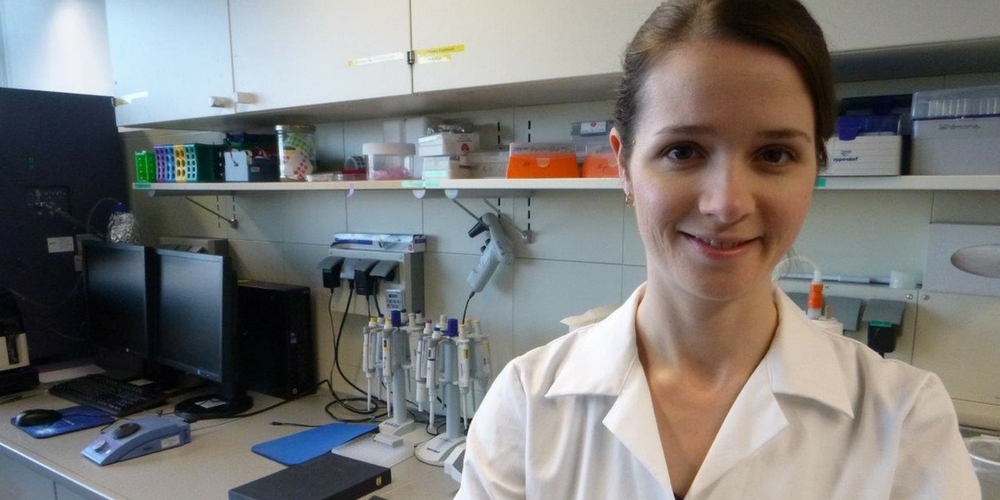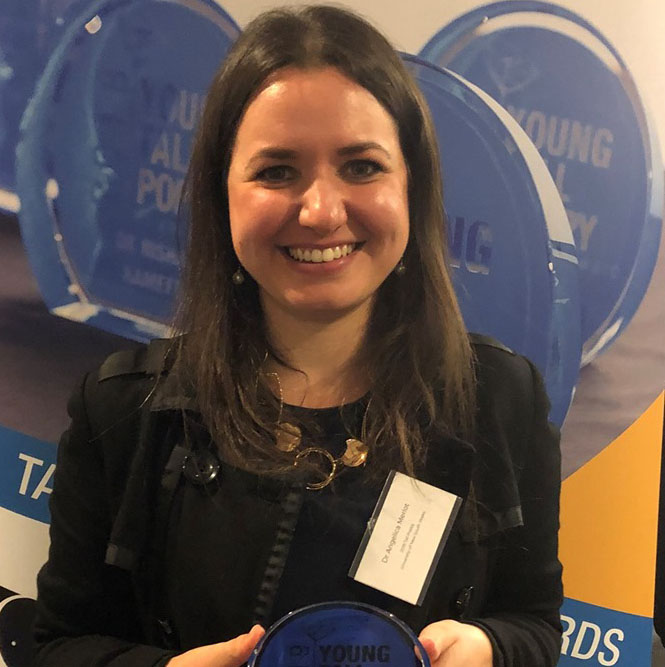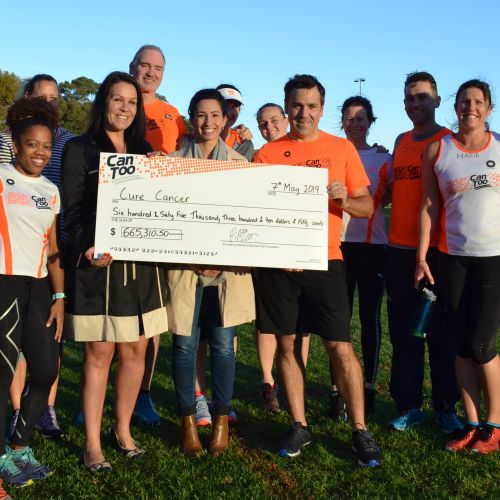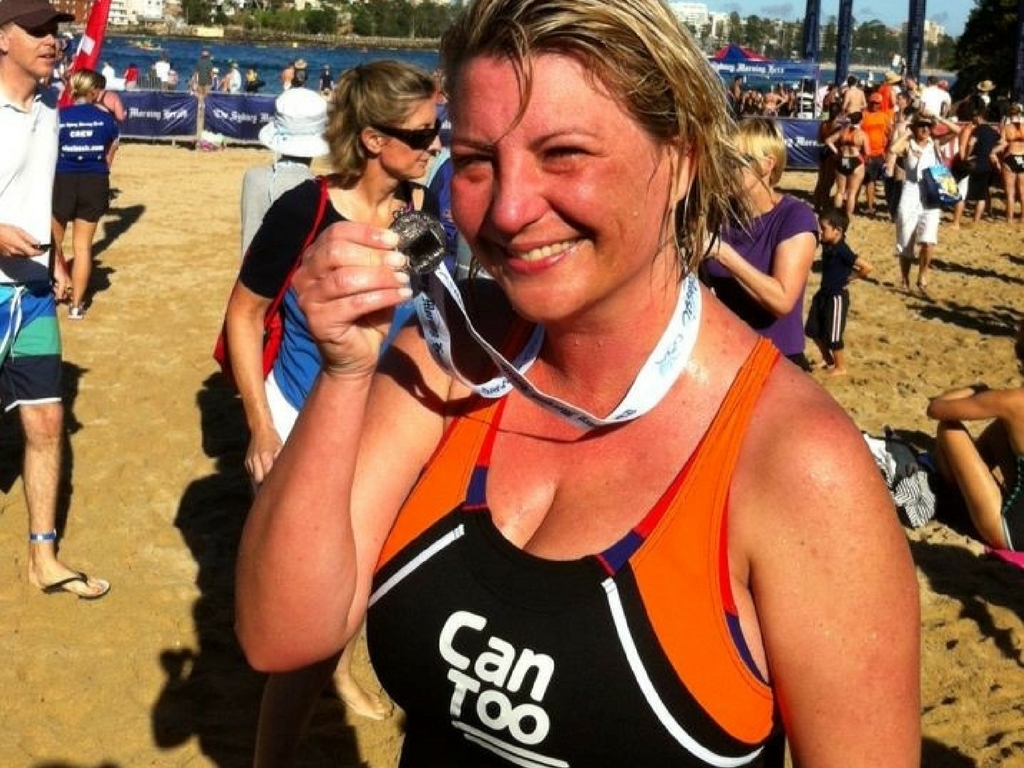
Dr Laura Bray was funded by the Can Too Foundation with major beneficiary Cure Cancer Australia to continue to her research on prostate cancer in 2016. Based at the Institute of Health and Biomedical Innovation at the Queensland University of Technology, Laura was recently nominated by Women in Technology (WiT) for a Rising Star Award. The prestigious WiT annual awards celebrate women who are leaders and experts in their fields, succeeding in traditionally male dominated technology and life science industries.
3D Modelling to Detect Cell Signals in Prostate Cancer
Laura’s research focus is in the exciting field of three-dimensional (3D) modelling which can detect how the “microenvironment” in cells signals and initiates the formation and spread of prostate cancer. “Most lab research is performed using a 2D surface like plastic, which doesn’t replicate human biology,” Laura explains. “My work aims to create 3D prostate cancer models that can identify how it develops.”
Ultimately, Laura is seeking to develop a sophisticated method of studying prostate cancer that allows researchers to identify new targets for drug treatments; a new method of screening promising drugs more quickly to accelerate clinical trials and reduce the need for expensive and inaccurate animal models and, develop a system to test biopsies to find out if a patient’s prostate cancer is likely – or unlikely – to develop into an advanced or metastatic form.
Laura and her colleagues have already made progress. “We recently developed and published our 3D culture models of breast and prostate cancer,” she says, “and when we applied clinically relevant chemotherapy drugs to our cultures, they displayed comparable tumour regression to that in models.”
Laura’s funding from the Can Too Foundation with Cure Cancer Australia is her first project grant and "the highlight of her career so far", she says. It’s given Laura an opportunity to foster the collaborations she’s had in Australia and Germany to continue performing high-impact research for prostate cancer patients.
Laura’s research has always been driven by application, keeping the impact on patients in mind. She is pleased that Can Too Foundation and major beneficiary Cure Cancer Australia shares this view, seeking to fund young researchers who want to effect real change on behalf of patients. She’s grateful, too, because it’s notoriously hard for researchers like herself to get funding. “It’s disheartening to work hard to prepare grant proposals and receive many rejections”, she observes.
Above all the need to support cancer patients motivates Laura in her work. “They’re in my thoughts. As a researcher, I’m here to support them, and they’re my real source of inspiration.”








